Spiritual Leaders We’re Inspired By
Throughout history, individuals have emerged as spiritual leaders, guiding people towards a deeper understanding of the world and their place in it. These leaders who we're inspired by have shared their wisdom, compassion, and teachings with their followers, inspiring them to lead more meaningful and purposeful lives. In this section, we'll explore some of the most influential and inspiring spiritual leaders, delving into their teachings, beliefs, and impact on society. Whether you're looking for spiritual guidance or simply curious about the people who have shaped the world's religions and spiritual practices, this section is for you.
Dōgen Zenji (1200-1253)
Was the founder of The Soto School of Zen. Originally ordained as a monk in the Tendai School in Kyoto, he was ultimately dissatisfied with its teaching and traveled to China to seek out more authentic Buddhism. After five years, training under Tiantong Rujing, an eminent teacher of the Chinese Caodong lineage, he returned to Japan.
He began promoting the practice of zazen (sitting meditation) through literary works such as Fukan zazengi and Bendōwa. He advocated that anyone can achieve enlightenment through sitting meditation, that all Buddhas do.
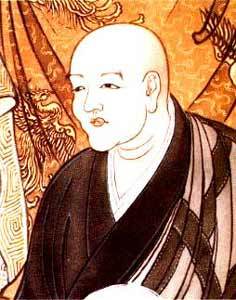
Source: zazen.amsterdam
John Calvin (1509-1554)
Was a French theologian, pastor and reformer in Geneva during the Protestant Reformation. He was a principal figure in the development of the system of Christian theology later called Calvinism, aspects of which include the doctrines of predestination and of the absolute sovereignty of God in salvation of the human soul from death and eternal damnation. He ushered in the second generation of Protestant Reformation, making religion accessible to the ordinary person, rather than exclusive to the priesthood. He was the successor of Martin Luther and wrote Institutes of the Christian Religion expounding the teachings about God’s omnipotence and grace.
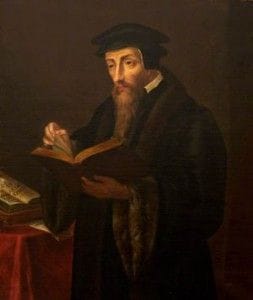
Source: skidawaypres.org
Akhenaten, the Founder of Egyptian Aten Worship
Changed the fabric of Ancient Egyptian spirituality and religion in a few years. Akhenaten tried to shift his culture from Egypt's traditional religion, but the shifts were not widely accepted. After his death, his monuments were dismantled and hidden, his statues were destroyed, and his name excluded from the king lists. Traditional religious practice was gradually restored, and when some dozen years later rulers without clear rights of succession from the 18th Dynasty founded a new dynasty, they discredited him. Some scholars believe this contribution to a single god was the foundation of all monotheistic religions and changed the ancient form of the doctrine of the Hebrews from polytheistic to monotheistic.
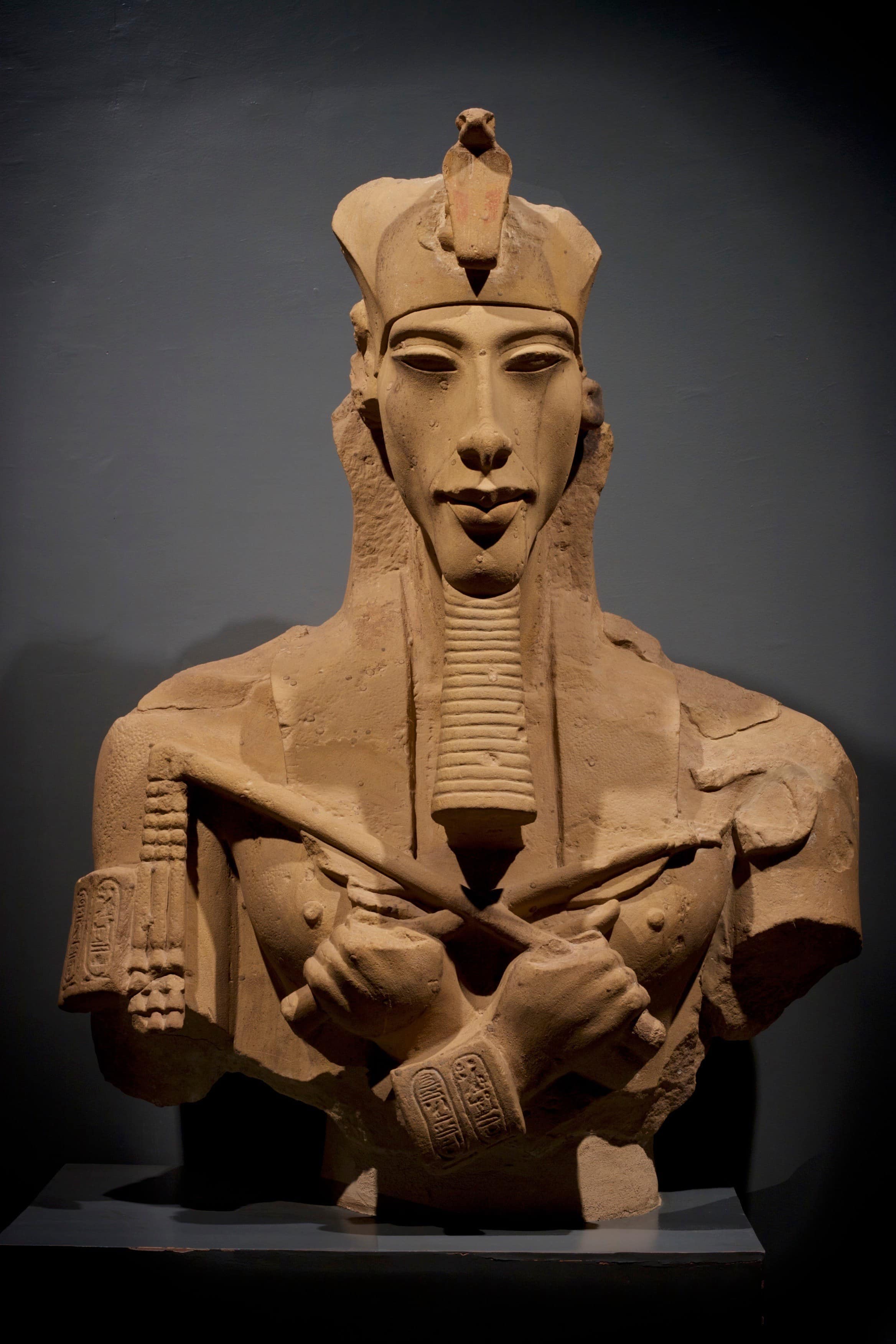
Source: medium.com
Joseph Smith (1805-1844)
Founded Mormonism and the Latter Day Saint Movement. After publishing the Book of Mormons, he gained followers and created an alternative Christian movement. When he was 24, Smith published the Book of Mormon. By the time of his death, 14 years later, he had attracted tens of thousands of followers and founded a religion that continues to the present.
The Church of Jesus Christ of Latter-day Saints and the Community of Christ. Smith shared his experience of seeing visions and an angel allowing others to follow in his path and share their experiences.
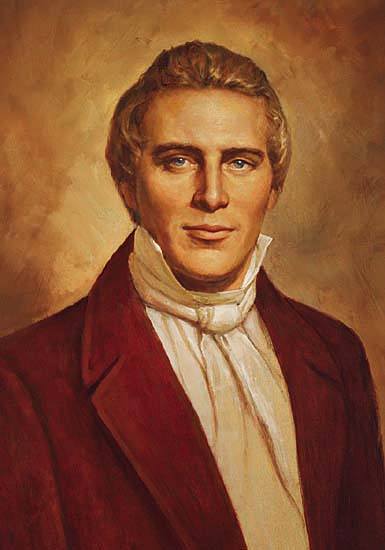
Source: pbs.org
Lao Tzu or Laozi (approx 601 BC - )
Was one of the most famous Chinese philosophers. He founded the philosophical ‘School of the Tao’ or ‘Taoism.’ Taoism or Daoism teaching was about living a harmonious life.
His philosophy has been prominent during the Han Dynasty. He was rumored to live for 129 years based on his principles.
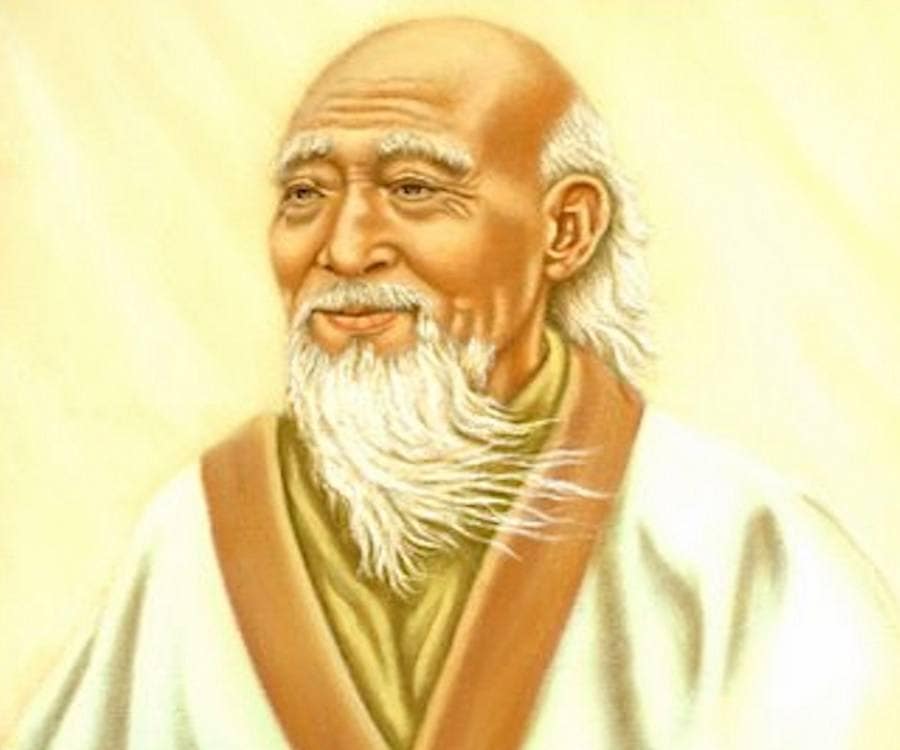
Source: thefamouspeople.com
Confucius (approx. 551 BC-479)
Was one of the most famous Chinese philosophers, an influential teacher, and political figure.
His teachings about ethical standards on family, education and social interactions created the political belief leading by example and having self-discipline and compassion. He was well known for his golden rule on loving others, “What you do not wish for yourself, do not do to others
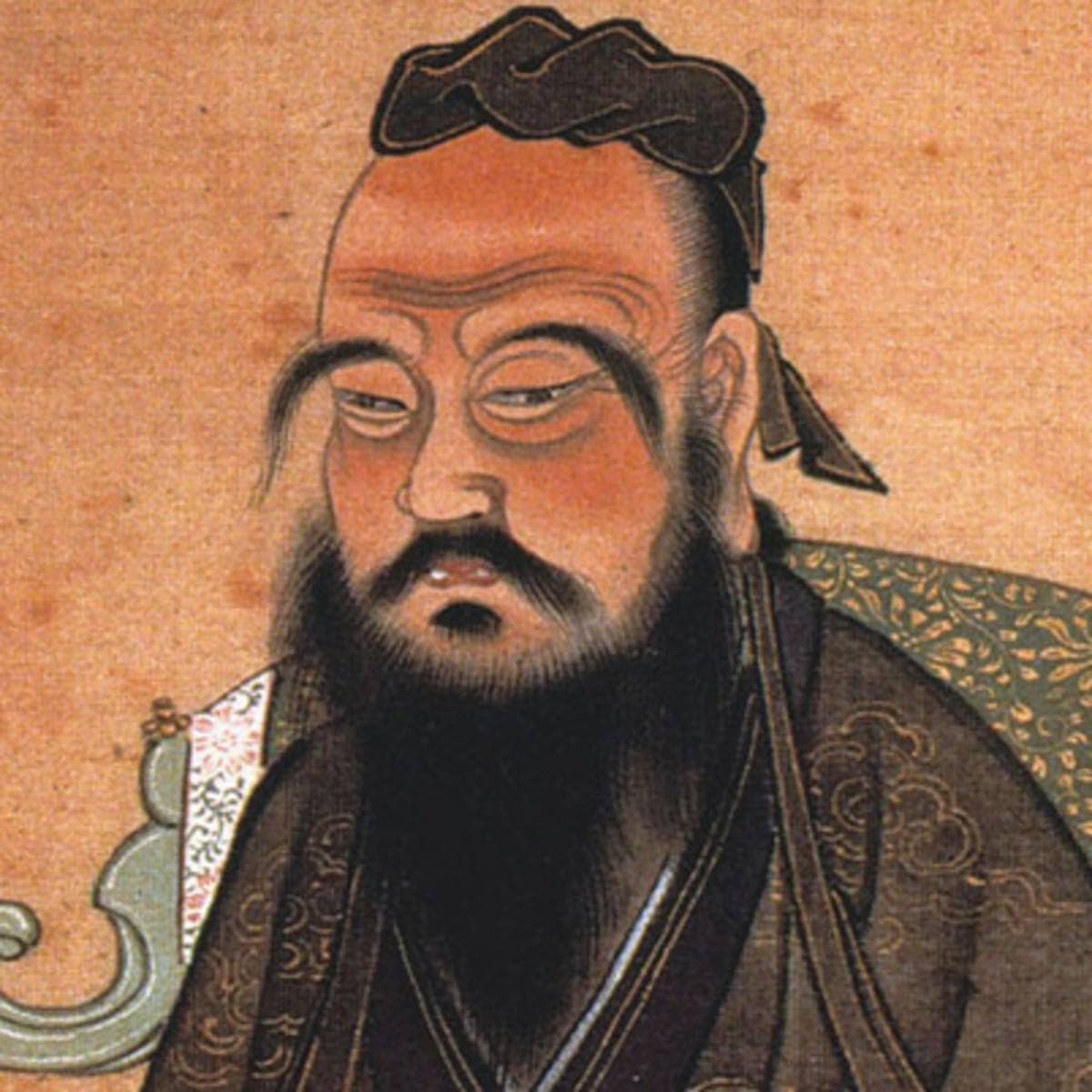
Source: biography.com
Socrates (470 BC-399)
And his Socratic method became the standard of philosophy. He believed that human choices are influenced by the desire for happiness. The more we know about ourselves, the better choices and decisions will make. Translating it to politics, the best government is when ruled by people who have a great understanding of themselves regardless of the form of the government.
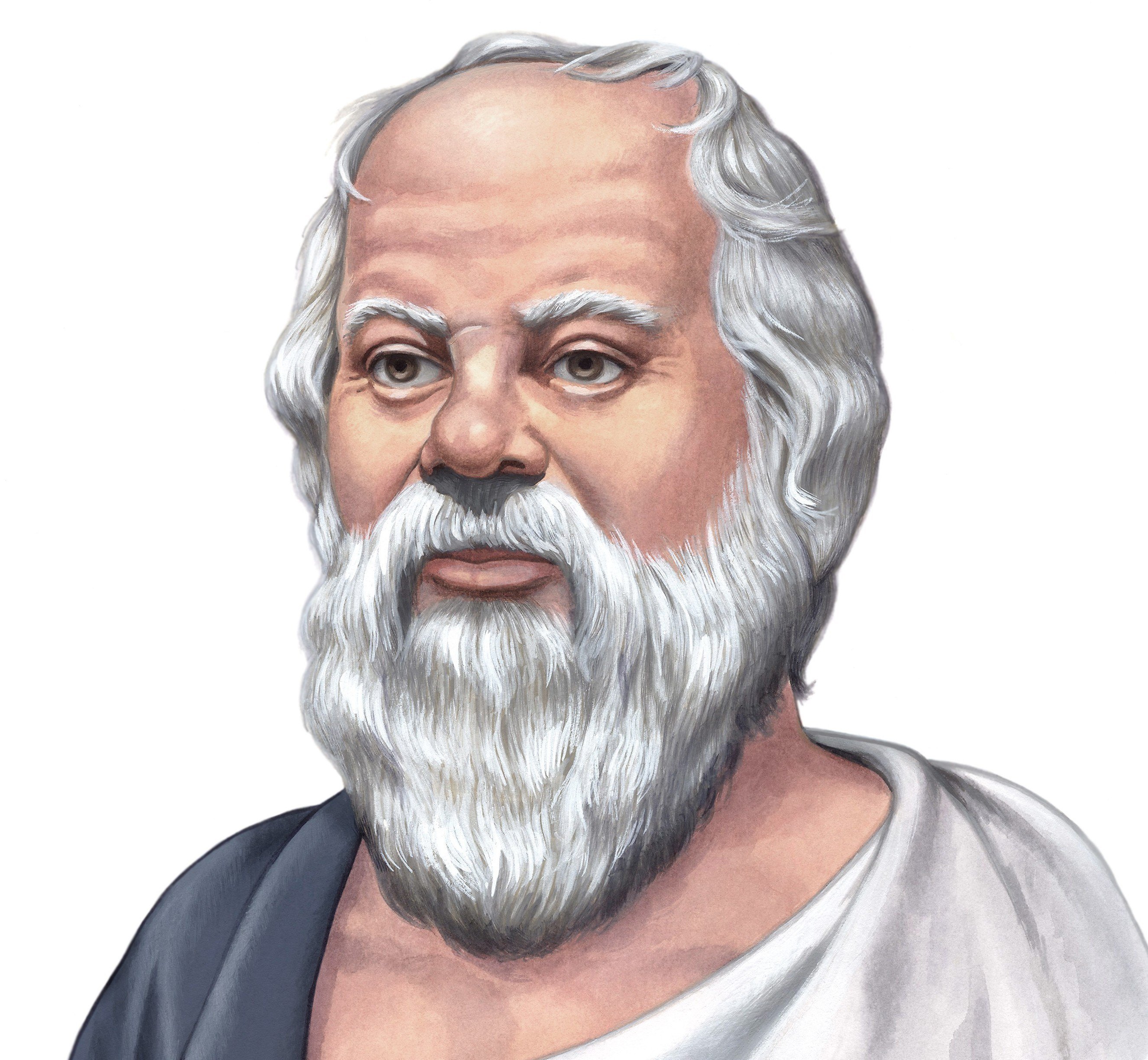
Source: medium.com
Martin Luther (1483-1546)
Was a known German professor, composer, priest, monk and a primary contributor to the reformation of the Protestant church.
He went against several teachings and works of the Catholic Church, notably the teaching on salvation. One of his works was the translation of the Bible from Latin to German, making it accessible to the congregation.
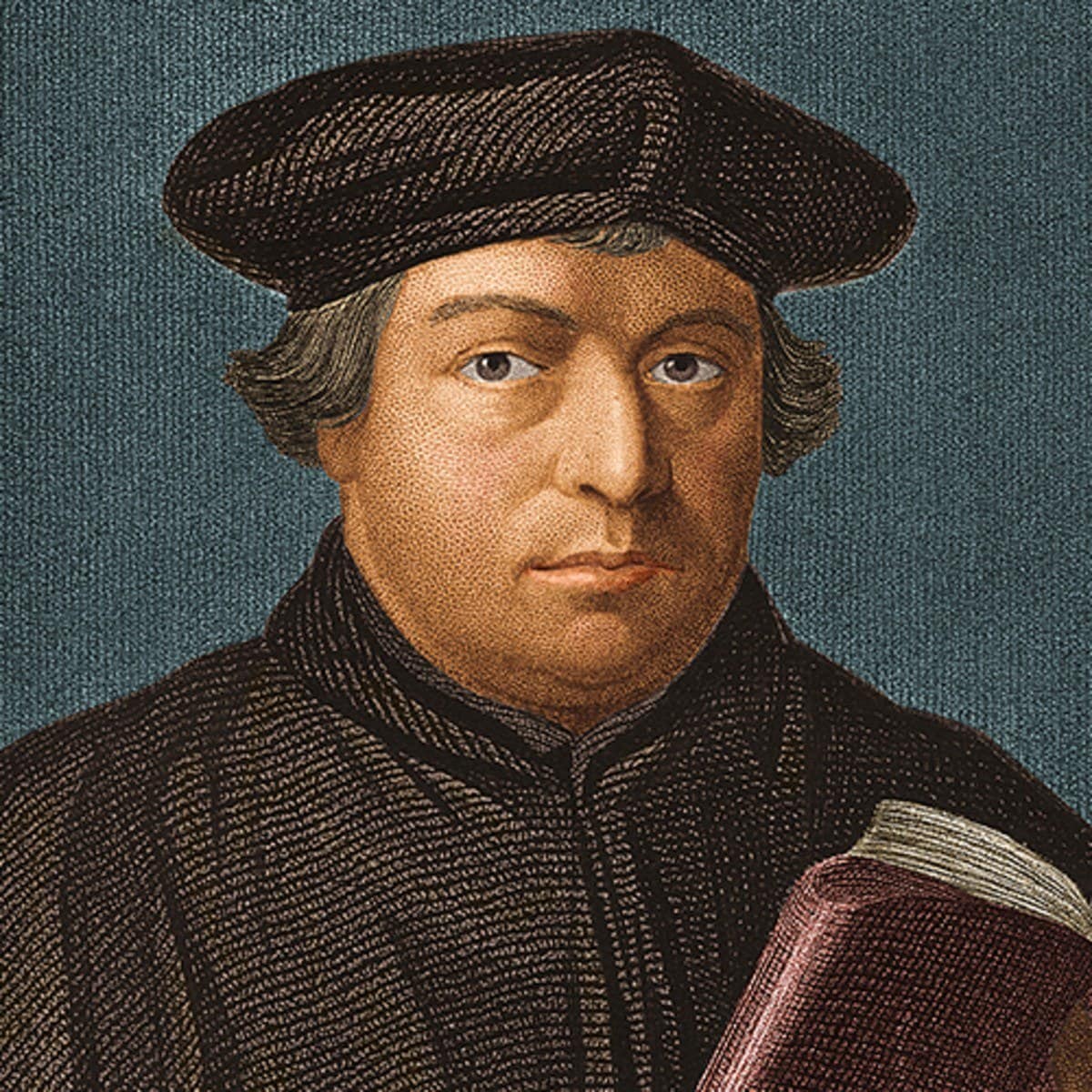
Source: biography.com
Naropa (approx. 956BC- 1010)
Was a Buddhist monk and known as the founder of the Kagyu, school of Tibetan Buddhism. He had the title of “Gatekeeper of the North.”
He was highly skilled at debate and reportedly eloquent. Naropa is best known for having collated the Six Dharmas. These practices help achieve Buddhahood more rapidly.
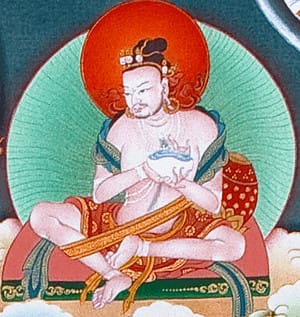
Source: rigpawiki.org
Isaac Luria (1534-1572)
Is the foremost rabbi and Jewish mystic in the community of Safed in the Galilee region of Ottoman Syria. He is considered the father of contemporary Kabbalah, his teachings being referred to as Lurianic Kabbalah. He was known as “The Lion” or “Ha’ARI” and was famous for rabbinical literature. Luria’s teaching on exile brought comfort to the Jews that were exiled in Spain. The notes of his students were collated and were used to produce “Etz Chayim” known as “Tree of Life.”
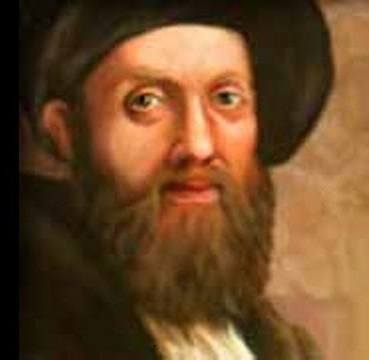
Source: youtube.com
Hiawatha (1550- )
He was from the Mohawk tribe but later moved to Onondaga tribe. He played a significant role in uniting the five Indian Nations in the Northeast of America as statesman, lawgiver, and unifier.
His work helps preserve the Native American tribes from the expanding colonialism and is believed to have saved thousands from death as what happened in the South and West of the US.
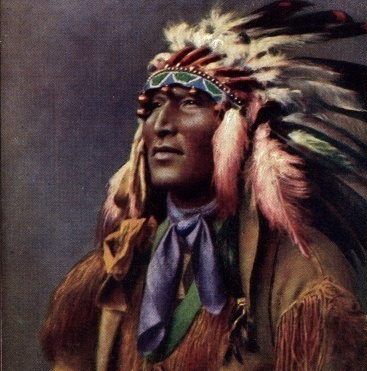
Source: akpool.co.uk
John Wesley (1703-1791)
Was an English cleric, theologian and evangelist who was a leader of a revival movement within the Church of England known as Methodism. He was an evangelist known for founding the “Methodist” group with his brother Charles, and Robert Kirkham. His sermons on salvation through faith came after reading Martin Luther’s “Letter of Paul to Romans.” Before his death, he was considered an honorary figure of British Isles.
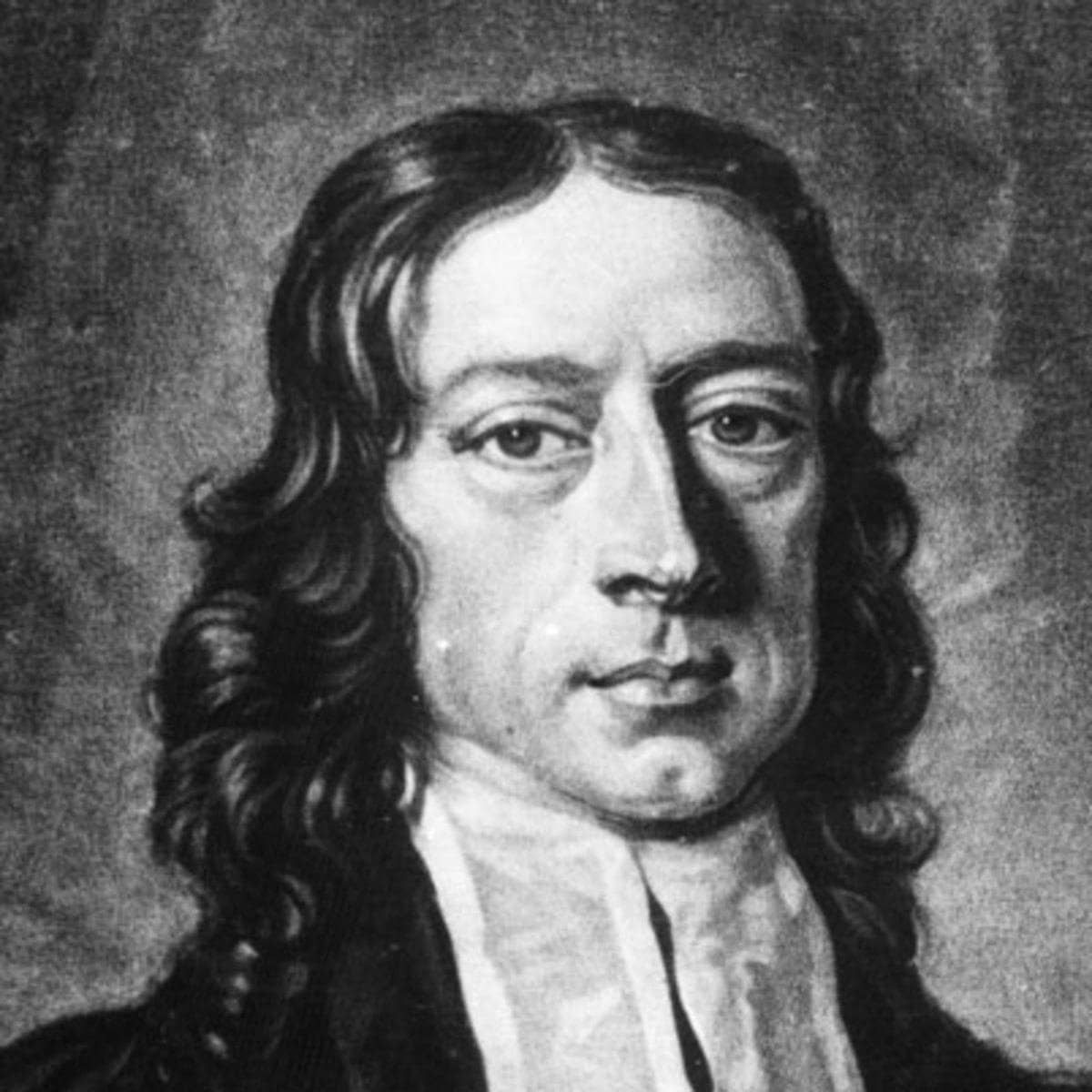
Source: biography.com
Guru Nanak (1469-1539)
Was one of the first Sikh Gurus and the founder of Sikhism. His spiritual teachings were about one God and how it lives in every creation. He concentrated on spiritual practices to transform from selfishness. One of his sons, Sri Chand, became the founder of Udasi. Guru Nanak journeyed most of his time in Tibet, some countries in South Asia and Arabia where there was a claim that he traveled and debated other religious ideas.
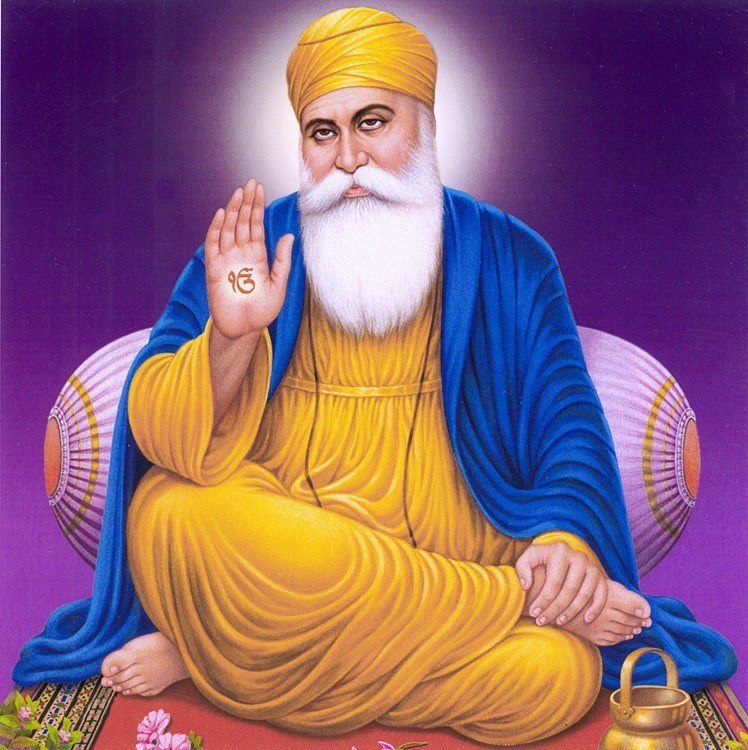
Source: medium.com
Julian of Norwich (approx. 1342-1416)
Also known as Juliana, is called “Saint,” “Blessed,” or “Mother” by the Catholic Church. Her book Revelations of Divine Love was the first book in the English language written by a woman.
One of the beliefs she shared was sin brings self-awareness, and it leads us to a relationship with God. For much of her life, Julian lived in permanent seclusion as an anchoress in her cell, which was attached to St Julian's Church, Norwich. The Catholic Church celebrates a feast day every 13th of May.
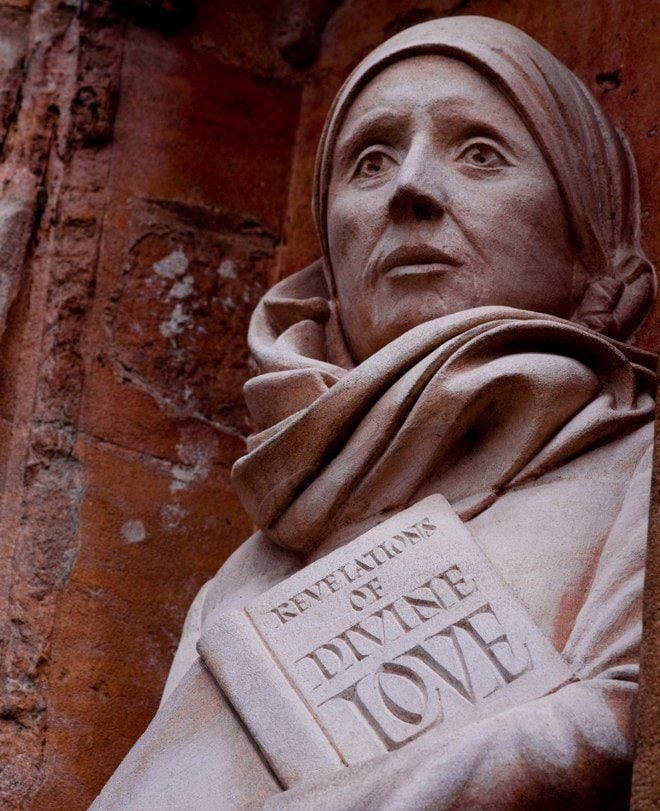
Source: en.wikipedia.org
Clive Staples (C.S.) Lewis (1898-1963)
Was a British writer and lay theologian. He held academic positions in English literature at both Oxford University and Cambridge University.
He wrote The Chronicles of Narnia. He also wrote several books about Christianity, such as Miracles: A Preliminary Study (1947), Reflections on the Psalms (1958), and The Four Loves (1960). Many of his fictional titles explore a personal relationship with God.
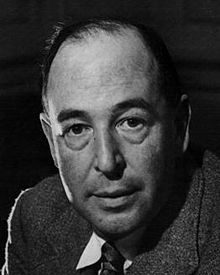
Source: en.wikipedia.org
Khalil Gibran (1883-1931)
Was considered a literary and political rebel in the Arab community and his writing style influenced modern literature. In Lebanon, he is recognized as a literary hero.
He is known as the 3rd bestselling poet next to Shakespeare and Laozi because of his inspirational and philosophical essays.
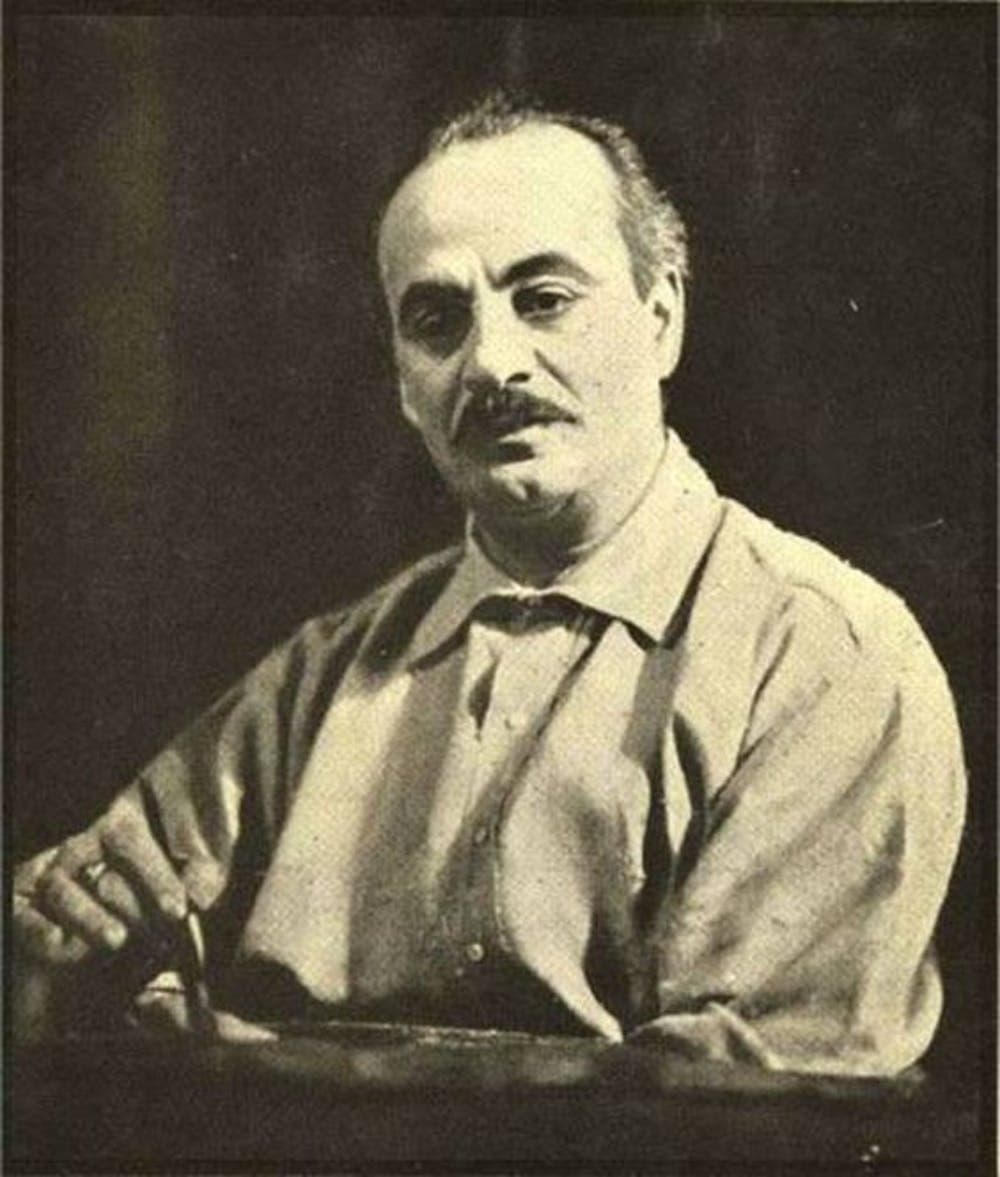
Source: theconversation.com
Moses Maimonides (1135-1204)
Was a medieval Sephardic Jewish philosopher who became one of the most prolific and influential Torah scholars of the Middle Ages.
In his time, he was also a preeminent astronomer and physician. He contributed to medieval Judaism with his collection of Jewish oral laws. Some of his writings were about the problems encountered by the Jewish community, and at the same time, he was communicating with the community leaders and scholars.
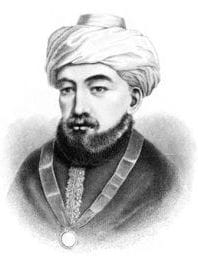
Source: en.wikipedia.org
Tenzin Gyatso (1935-)
Is the 14th Dalai Lama, the holy and governmental leader of Tibet. When China invaded Tibet in 1950, his Holiness assumed the full political power. In 1963, he presented a constitutional draft, named "The Charter of Tibetans in Exile.” He was regarded for his non-violent struggle for the freedom of Tibet and was awarded in 1989 with Nobel Peace Prize. In Dalai Lama's essay, "The Ethic of Compassion" (1999), he expresses his belief that if we only reserve compassion for those that we love, we are ignoring the responsibility of sharing these characteristics of respect and empathy with those we do not have relationships with, which cannot allow us to "cultivate love."
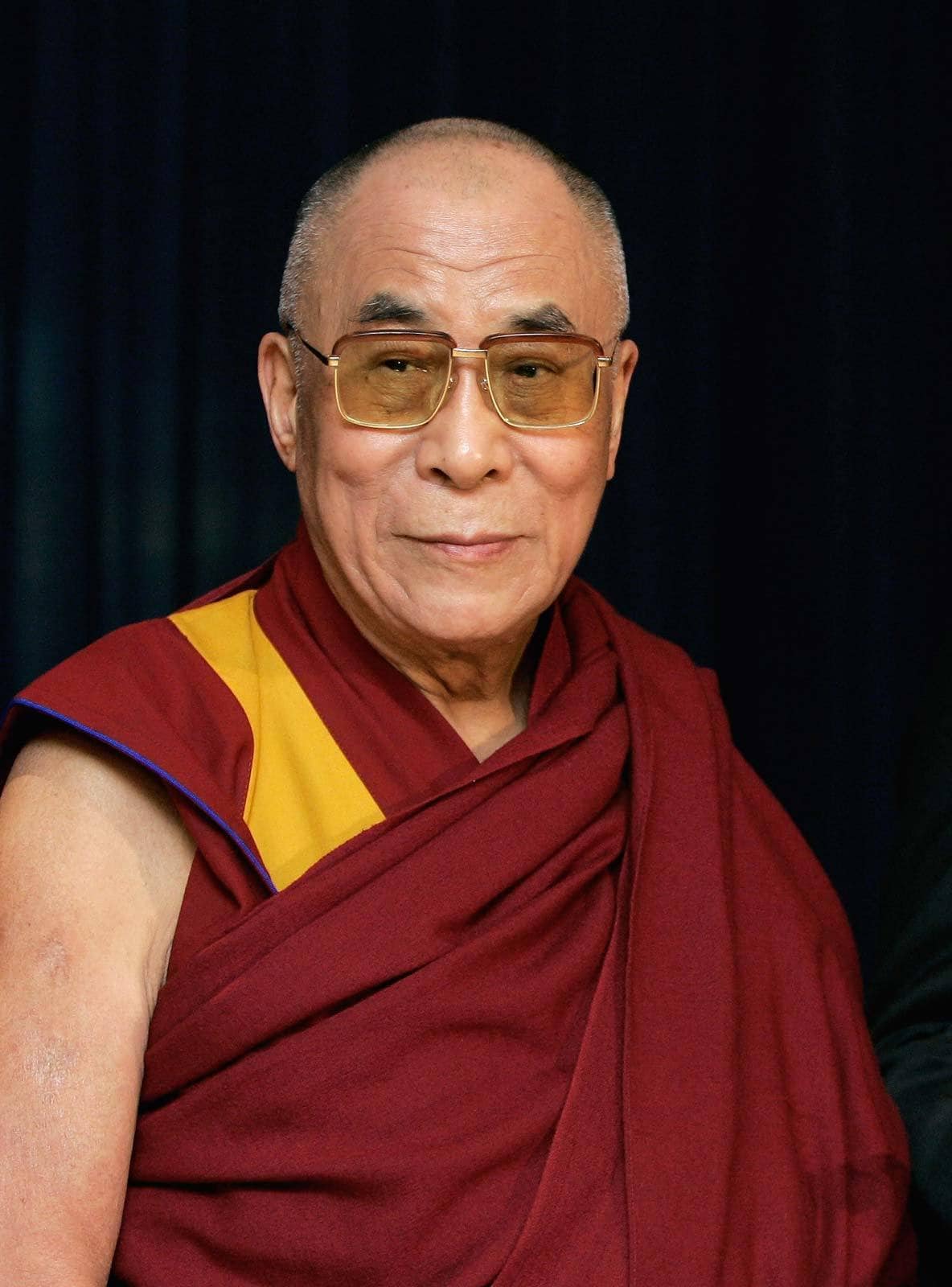
Source: britannica.com
Gautama Busatsu (~563/480 – c. 483/400 BCE)
Also known as Siddhārtha Gautama or Shakyamuni (Sage of the Shakyas). He is what most people refer to as The Buddha, although he is considered by Buddhists to be one of many.
Buddha is a title meaning “One who has gone before” or “enlightened.” He taught the Middle Path that taking anything to any extreme was a detriment to yourself and all people. He is considered the founder of Buddhism.
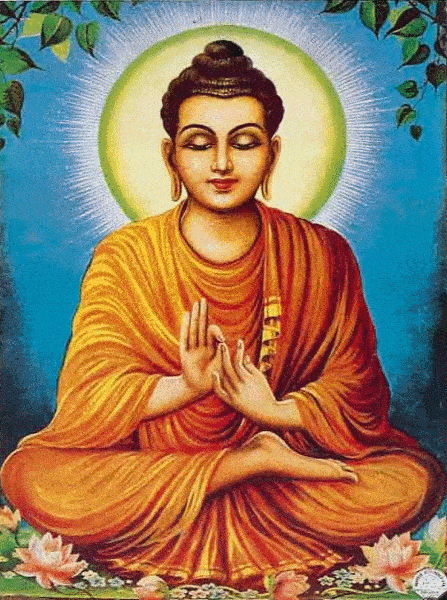
Source: biographics.org
Martin Luther King, Jr. (1929-1968)
was an American Christian minister and activist who became the most visible spokesperson and leader in the civil rights movement from 1955 until his assassination in 1968.
Born in Atlanta, Georgia, King is best known for advancing civil rights through nonviolence and civil disobedience, inspired by his Christian beliefs and the nonviolent activism of Mahatma Gandhi.
He is best known for his famous "I Have a Dream" speech. He won numerous awards for fighting for equality and advocated peaceful demonstrations.
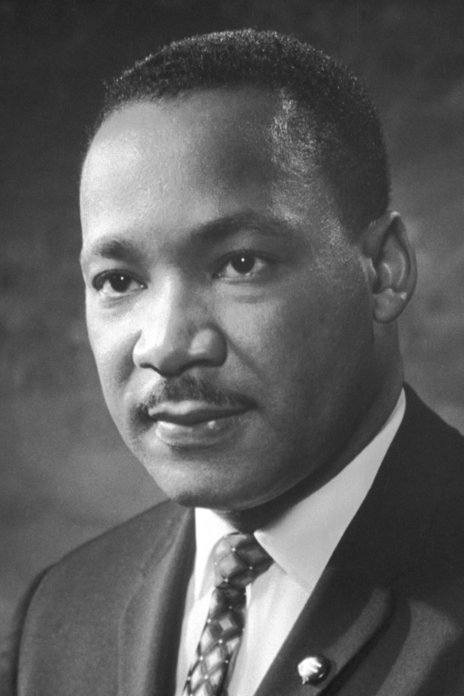
Source: en.wikipedia.org
Karol Józef Wojtyla (1920-2005)
Known as Pope John Paul II was the first non-Italian Pope. He advocated for human rights and openly spoke out about human sufferings.
In 1978, when he became a Pope, he spoke about peace and faith. His reforms of the Catholic Church helped resurge its flagging numbers and bring the gospel to many youths.
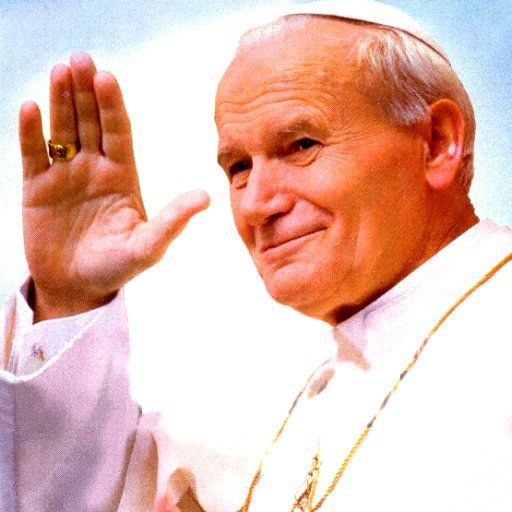
Source: twitter.com
Bahá'u'lláh (1817-1892)
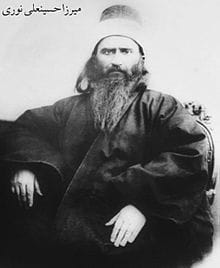
Source: en.wikipedia.org
